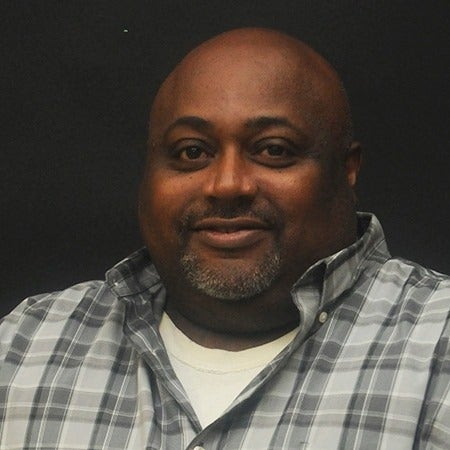The great drama of Holy Week
Published 5:05 pm Saturday, April 8, 2017
By Jack Alvey
Alvey is the rector of St. Paul’s Episcopal Church in Selma.
The Oxford Dictionary of the Christian Church describes Holy Week as a “liturgical drama enacting the last scenes of the life of Christ.” The main cast of this drama includes Jesus, Pontius Pilate, Peter, Judas, and Mary Magdalene. Like any play, all of these characters are necessary for the plot to thicken. Whether we vilify, crucify or celebrate these characters, all of them are needed to tell of God’s salvation story. There are surprising twists and turns as the story reaches its climax.
The Jesus who is greeted by resounding chants of “Hosanna in the Highest!” is quickly put down by shouts that yell, “Crucify Him!” The once noble Peter, the disciple who seems to set himself apart from the others, changes his tune and denies Christ three times. There is Judas, the character we hope will change his response of betrayal if we just watch the play one more time but never does.
There is also the politician, Pontius Pilate. We are never quite sure if we should grant him sympathy because he holds an office of such intense scrutiny or if we should call him a snake because he figures out how to wash his hands of any responsibility. Then there is the incredibly complex character of Mary Magdalene. She sticks around to the bitter end and beyond. She is the first to witness to the joy of resurrection.
The drama moves quickly and with purpose, from the crowded streets of Jerusalem and jubilant expectation to a private room and a Last Supper, from the washing of feet and the commandment to love to a kiss that betrays, from a miscarriage of justice and crown of thorns to shouts of derision. This drama of history reaches its climax when Jesus stretches out his arms of love on the hard wood of the cross so that all may come within the reach of his saving embrace.
You are invited, again, to participate in the great drama of Holy Week. When you participate in this drama, you are not simply called to remember. The Holy Week liturgies, like all liturgies, remind us that we too are characters in God’s salvation story. We, too, are needed to tell the story of how God saves the world through his love poured out in Jesus.
As former Archbishop of Canterbury, William Temple, once noted, “We contribute nothing to our salvation except the sin from which we need to be redeemed.” Ultimately, Holy Week tells us that we are not the hero of our own lives or anyone else’s for that matter. Rather, we are invited back into the heart of God where true love is to be found.
We are invited to recall that humanity is saved and restored to the image and likeness of God not by outsmarting, running from, or defeating sin and death through force.
Rather, we are saved and restored through Jesus, the one who takes one the full force of sin and death with a love that wins every time, with a love that always has the last word.



